Facts about sleep
You won't believe what your brain does while you sleep!
Published on August 9, 2025
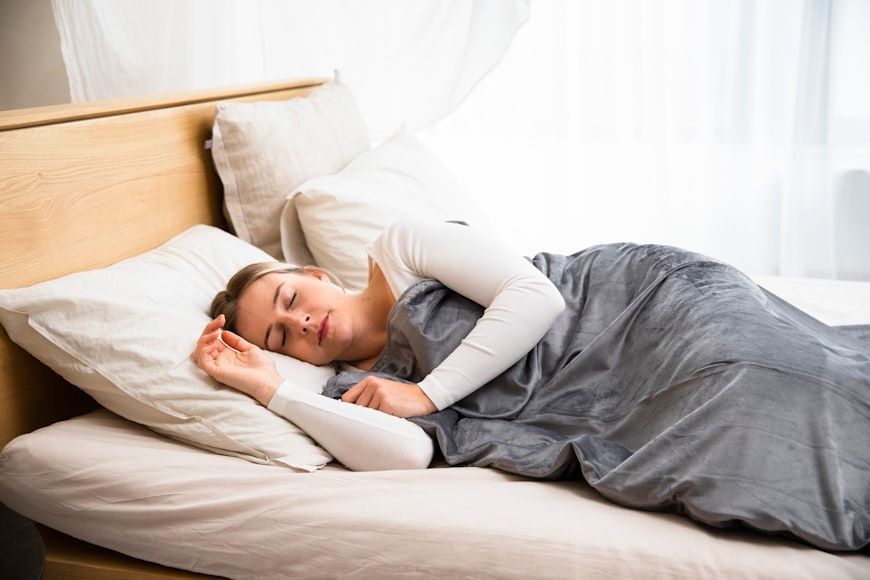 Credit: Slaapwijsheid.nl
Credit: Slaapwijsheid.nl
For many people, the end of the day is the best part: it’s finally time to rest! Whether it’s a quick nap on the couch or a full night’s sleep, getting some rest is an essential part of our daily routine. But even though we sleep every night, there’s still so much we don’t know about it. If you want to learn 10 surprising things that happen while you sleep, keep reading!
Ideally, falling asleep should take 10 to 20 minutes
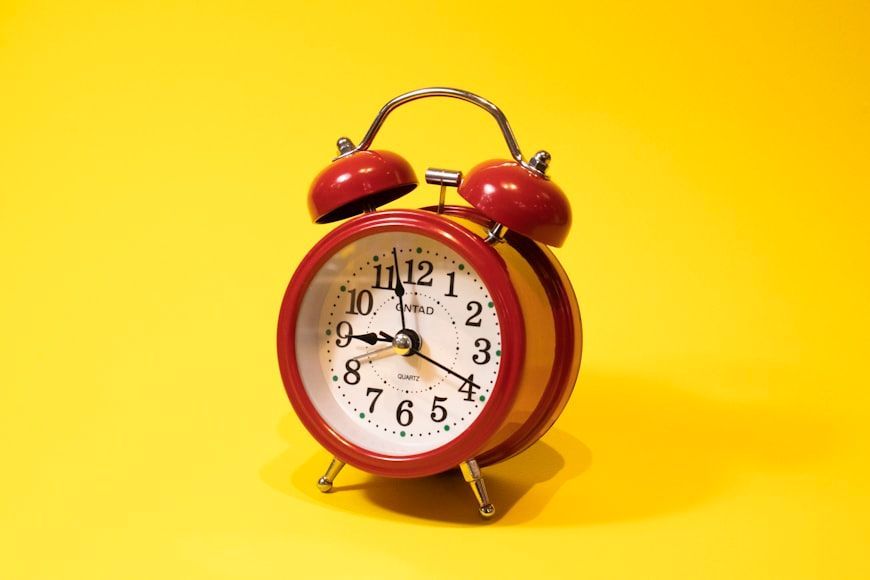 Credit: mostafa mahmoudi
Credit: mostafa mahmoudi
Sometimes, we go to bed and end up tossing and turning for what feels like forever. But did you know that taking more than 25 minutes to fall asleep is actually considered a sign of insomnia? Ideally, it should take about 10 to 20 minutes; that's the range considered healthy and normal.
Not everyone dreams in color
 Credit: Artyom Kabajev
Credit: Artyom Kabajev
Do you dream in black and white? If that question sounds odd, you’re probably part of the majority who dreams in color. However, a smaller percentage of people only dream in black and white. There’s no single cause for this difference, but studies have found that while about 75% of people dream in color today, only around 15% did before the advent of color TV.
Do blind people dream?
 Credit: bruce mars
Credit: bruce mars
Absolutely! Blind people do dream, but how their dreams unfold depends on a few factors. People who were born blind experience dreams primarily through their other senses, like smell, touch, and taste. Meanwhile, those who lost their vision later in life often dream in images and colors.
You're paralyzed during REM sleep
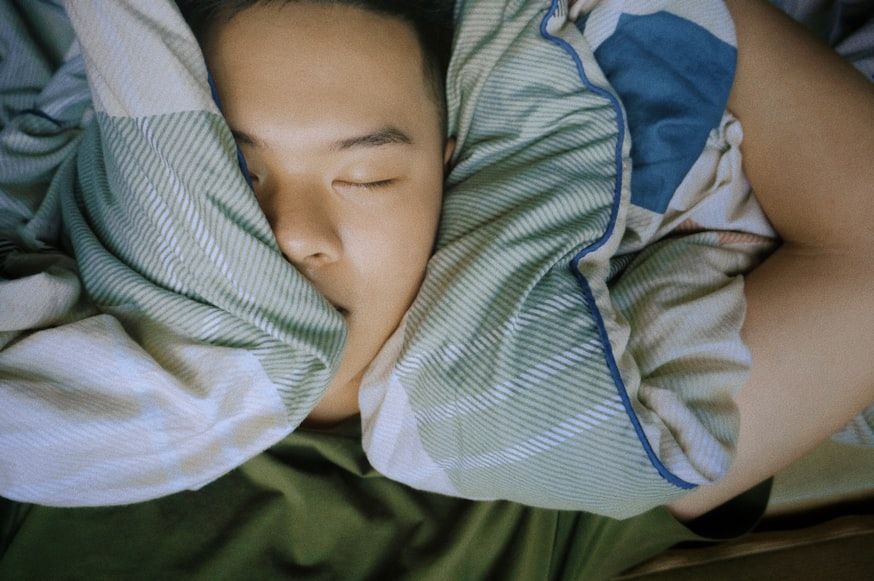 Credit: minh đô
Credit: minh đô
Your sleep cycle has five stages, and one of them is REM sleep. It usually starts about 90 minutes after you fall asleep and occurs several times throughout the night. Here’s the fascinating part: during REM sleep, your body experiences temporary paralysis. That’s right! While your brain stays active—which is why you dream—your body is unable to move. It might sound a little scary, but it's actually your body's way of protecting you from acting out your dreams.
It's impossible to sneeze while sleeping
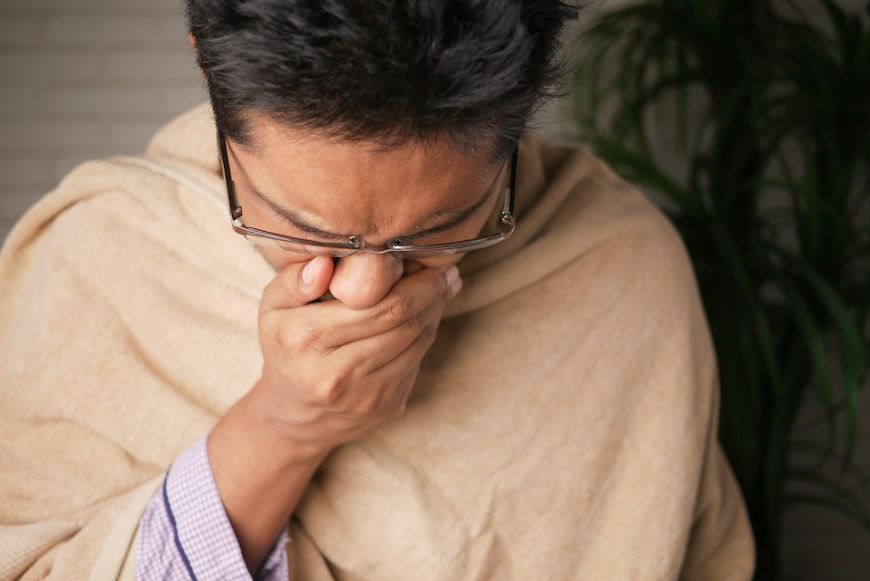 Credit: Towfiqu barbhuiya
Credit: Towfiqu barbhuiya
The body's protective paralysis during REM sleep has an interesting side effect: you can’t sneeze while you're asleep. You might briefly wake up during the night to sneeze, or it might happen during lighter stages of sleep, but when REM takes over, sneezing is off!
Dysania
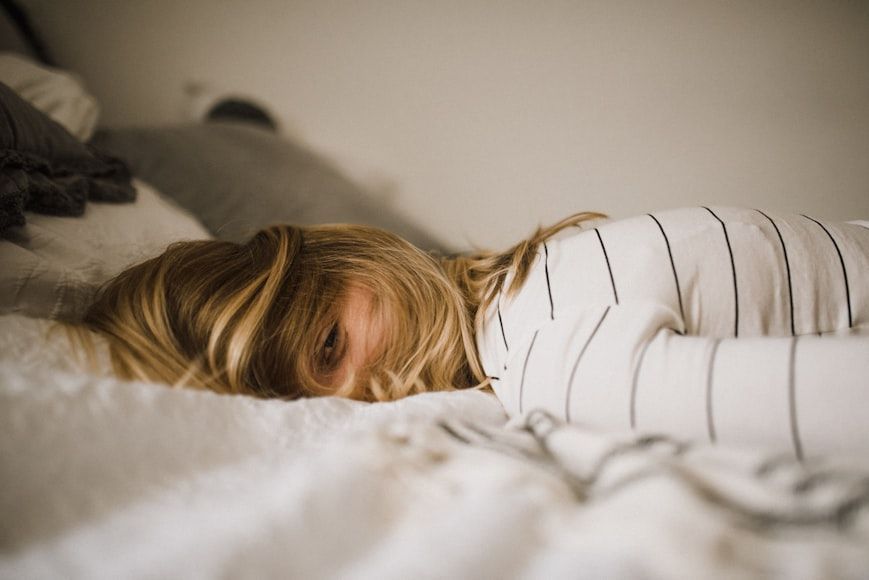 Credit: Kinga Howard
Credit: Kinga Howard
We all know that feeling when the alarm goes off, and we have to leave the comfort of sleep behind. Who wouldn’t want to stay in bed all morning?
But did you know there's actually a name for when this feeling becomes severe? It's called **dysania**—a condition where a person experiences extreme difficulty getting out of bed in the morning, so much so that it interferes with daily life. Dysania can be linked to sleep disorders, anxiety, or even depression.
Eyes open
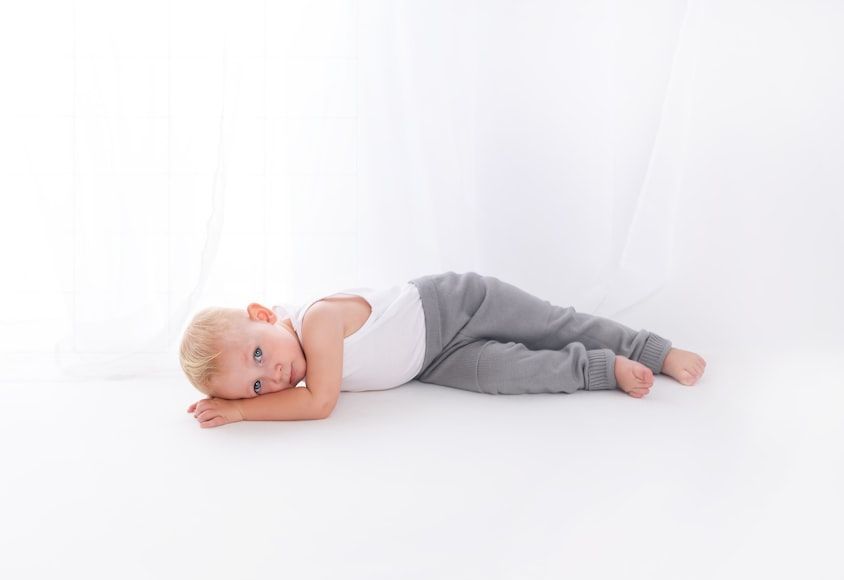 Credit: Henley Design Studio
Credit: Henley Design Studio
Have you ever seen a friend sleeping with their eyes open? It might sound strange, but it's more common than you might think. This condition is called nocturnal lagophthalmos, and it happens when a person doesn’t fully close their eyes while sleeping, often due to problems with the facial nerves or muscles. The good news is that people who sleep this way usually don't even notice it, and it typically doesn't bother them!
Negative emotions are more common
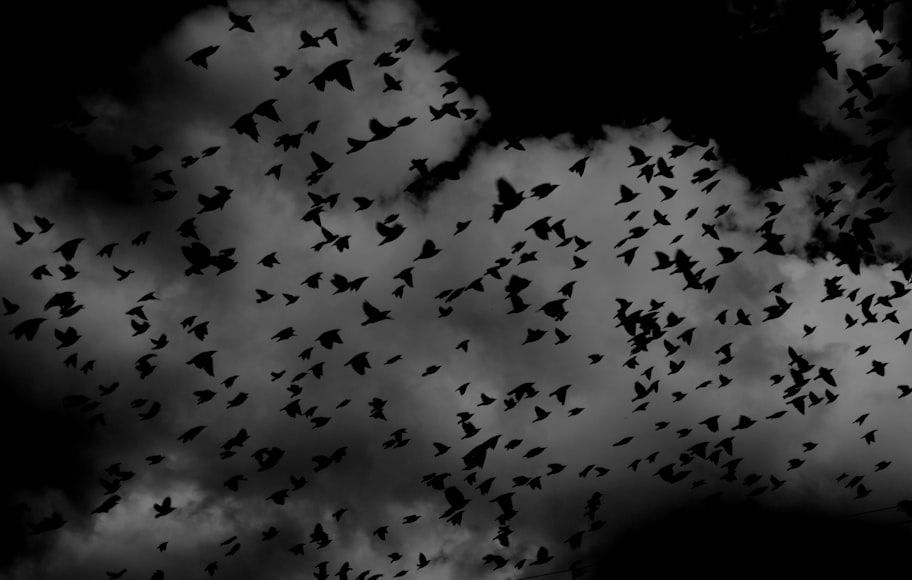 Credit: Alessandro Benassi
Credit: Alessandro Benassi
Do you have nightmares? Don’t worry; it’s actually quite common. In fact, studies show that negative emotions like fear, stress, and anxiety appear more often in dreams than positive ones. This is believed to be connected to the role dreams play in helping us process emotions.
Dreams can be influenced by external stimuli
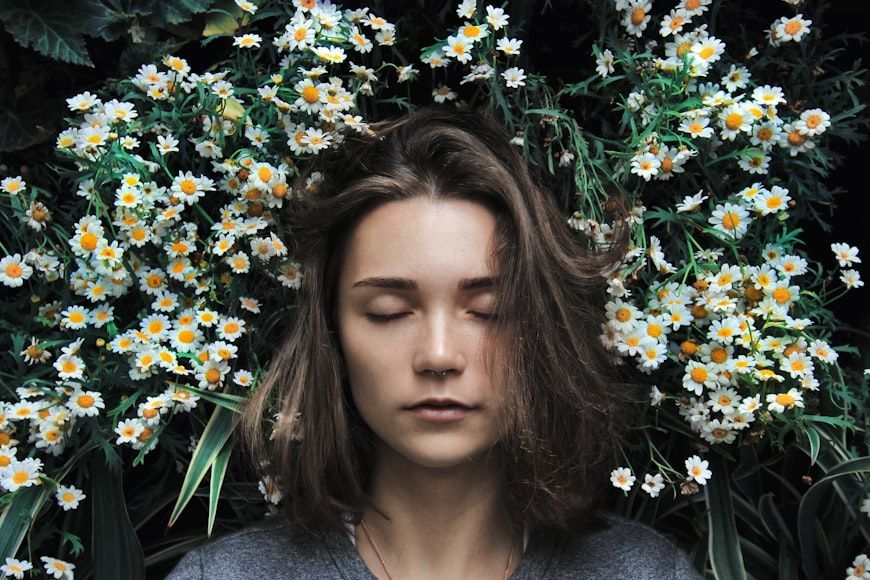 Credit: Ann Danilina
Credit: Ann Danilina
Our brain doesn't shut down when we sleep; that's why it can pick up on external stimuli and weave them into our dreams, like sounds or smells. But wait! This can be risky if your brain turns your alarm into background music in your dream, and you keep on sleeping!
Not sleeping causes weight gain
 Credit: Annie Spratt
Credit: Annie Spratt
Not getting enough sleep can seriously affect your mental, physical, and emotional health. When you don't get the rest you need, your body goes into emergency mode, looking for quick energy. That's when cravings for high-calorie and fatty foods start. In addition, lack of sleep throws your hormones out of balance and slows down your metabolism, which can eventually lead to weight gain.










